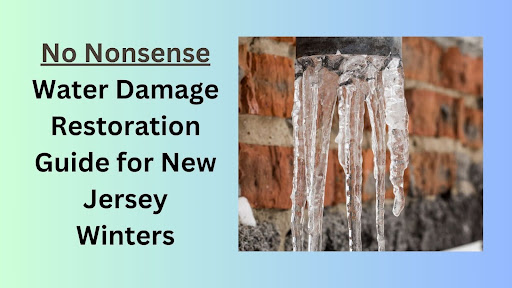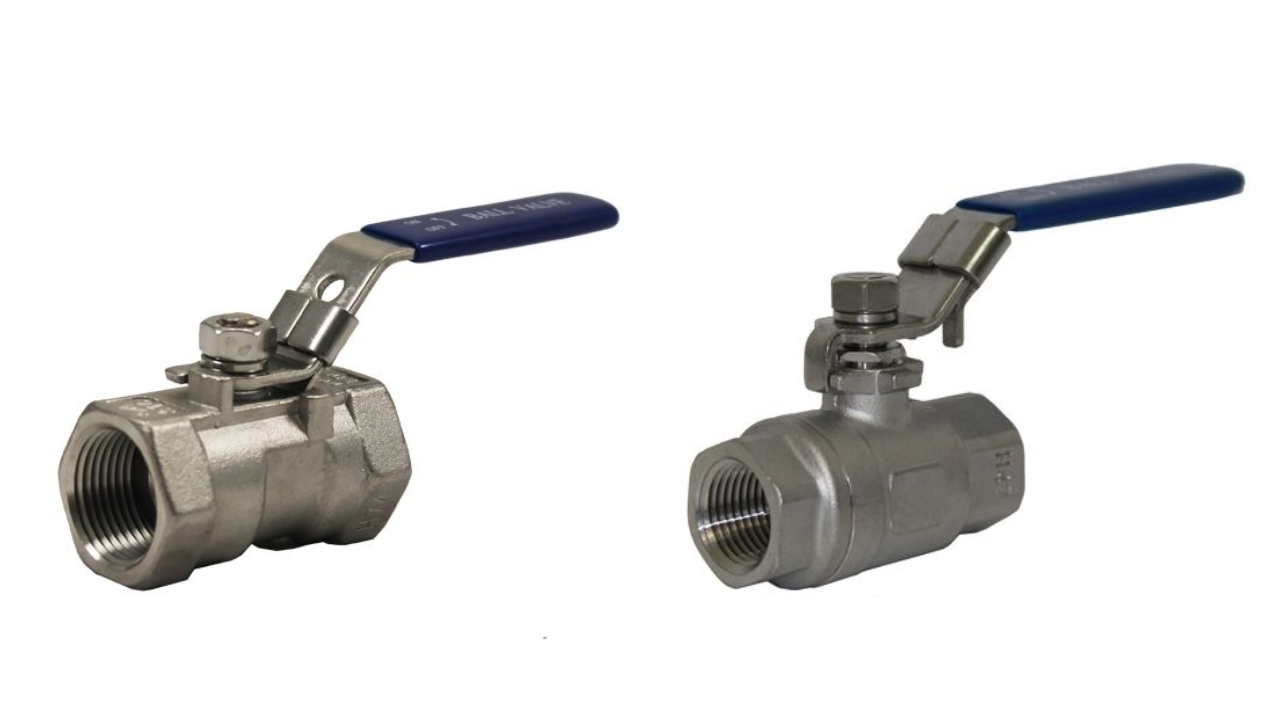Contents
Although New Jersey winters are beautiful, they can be equally brutal, with freezing temperatures, heavy snow, and ice storms that create a perfect recipe for water damage. Whether it’s frozen pipes, ice dams, or basement flooding, water damage during winter months is a serious issue for homeowners in NJ.
If your home falls victim to winter water woes, knowing how to address the problem quickly and efficiently is crucial to avoiding long-term damage. This is your no-nonsense guide to water damage restoration in New Jersey.
Identifying Common Causes of Winter Water Damage
Before diving into restoration, it’s important to understand the common culprits behind winter water damage in New Jersey. Here’s what to watch out for:
- Frozen Pipes: One of the most frequent causes of water damage in the winter. When temperatures drop, the water inside pipes can freeze and expand, leading to burst pipes and flooding.
- Ice Dams: Ice dams form on the edge of your roof when snow melts and refreezes. Water backs up behind the dam and can seep into your home through the roof, walls, or attic.
- Melting Snow: After a heavy snowstorm, melting snow can seep into your foundation or basement, especially if your home isn’t properly graded or sealed.
- Overloaded Gutters: When gutters are clogged with debris and ice, they can overflow, sending water into your home’s walls or foundation.
Immediate Steps to Take After Water Damage
If you notice water damage during a New Jersey winter, taking immediate action is crucial. Here are the steps you should follow:
- Shut Off the Water
- Call a Professional Water Damage Restoration Service
- Dry Out the Area
- Document the Damage for Insurance
Water Damage Prevention Tips for New Jersey Winters
Prevention is the best defence against winter water damage. Here’s how you can protect your home before the worst of the winter weather hits:
Insulate Your Pipes
Insulating your pipes in unheated areas can help keep them from bursting during the coldest months. Pipe insulation is an inexpensive solution that can save you from costly water damage.
Seal Cracks in Your Foundation
Cracks in your home’s foundation can allow melting snow and ice to seep in, leading to basement flooding. Inspect your foundation before winter and seal any visible cracks with waterproof caulking or concrete patches.
Clean Your Gutters
Clogged gutters can lead to water buildup that eventually seeps into your home’s roof or foundation. Clean your gutters of leaves and debris before winter, and consider installing gutter guards to keep them clear throughout the season.
Prevent Ice Dams
To prevent ice dams from forming on your roof, make sure your attic is properly insulated and ventilated. You can also use a roof rake to remove snow after heavy snowfall.
The Role of Professional Water Damage Restoration Services
When water damage strikes, it’s essential to act fast and get professional help. Here’s why:
Thorough Drying and Dehumidification
Restoration professionals have industrial-grade equipment that can dry out your home much faster than DIY methods. Quick drying is key to preventing mold growth, which can develop in as little as 24 hours in moist conditions.
Mold Remediation
If water damage isn’t addressed promptly, mold can start to grow, especially in hidden areas like behind walls or under floors. A certified mold remediation company will not only remove the mold but also treat the area to prevent future growth.
Structural Repairs
Water damage can weaken your home’s structural integrity, especially if it seeps into the foundation, walls, or ceiling. Restoration professionals will assess the full extent of the damage and handle necessary repairs, from replacing drywall to repairing floors and ceilings.
Insurance Assistance
Dealing with insurance companies after water damage can be overwhelming. Professional water damage restoration companies often have experience working with insurance providers and can help you navigate the claims process smoothly.
Winter Water Damage and Your Home Insurance
While most policies cover sudden and accidental damage, such as burst pipes, they may not cover gradual damage caused by poor maintenance, like ice dams or leaks. Review your policy before winter hits and consider adding additional coverage if necessary.
What’s Covered:
- Burst pipes
- Ice dams (if damage is sudden)
- Storm-related flooding
What’s Not Covered:
- Gradual leaks due to poor maintenance
- Flooding from outside sources (you may need separate flood insurance)
Conclusion
New Jersey winters can be tough on your home, but with the right precautions, you can minimize your risk of water damage. Preventive measures, such as insulating pipes, cleaning gutters, and sealing your foundation, go a long way in protecting your home. But when water damage occurs, don’t hesitate to call a professional water damage restoration company for help.




